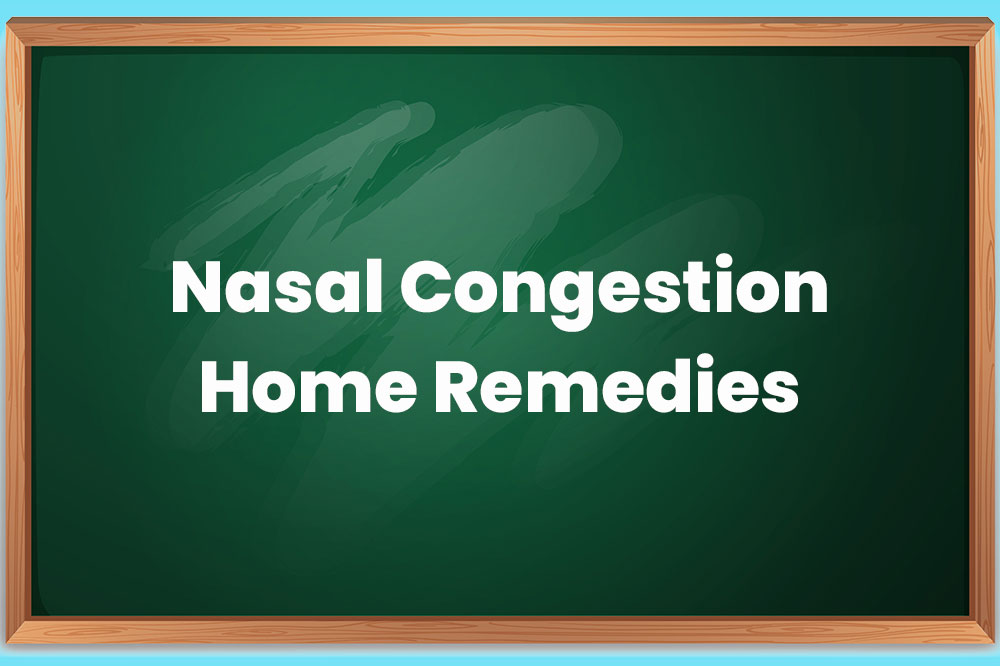Understanding Nasal Congestion: Causes, Remedies, and When to Seek Medical Help
Nasal congestion, often due to colds or allergies, can cause discomfort but is manageable with home remedies and OTC medications. Persistent issues may indicate underlying health conditions requiring medical attention. Learn about causes, remedies, and when to see a doctor to ensure proper care.

Understanding Nasal Congestion: Causes, Remedies, and When to Seek Medical Help
Nasal congestion, commonly known as a blocked nose, often results from minor health issues like the common cold. However, it can also stem from various other conditions. The discomfort caused by a congested nose makes finding relief essential.
Home remedies for nasal congestion
Many prefer natural remedies over prescription drugs to alleviate symptoms, as they are generally safe and effective.
Popular home treatments include
Consuming warm fluids to stay hydrated
Using saline nasal sprays to prevent dryness
Employing neti pots or nasal irrigators to clear nasal passages
In addition to home remedies, over-the-counter (OTC) medications can help reduce symptoms quickly.
Decongestants are medications that open nasal passages and relieve sinus pressure, available as sprays or pills. Antihistamines are also used to treat allergies that might cause nasal blockage.
While many people find relief through home and OTC remedies, persistent or severe congestion could be a sign of underlying health issues. Consulting a healthcare professional is advised when symptoms persist.
Potential underlying causes of nasal congestion
Chronic sinus infections
Acute sinus infections
Nasal polyps
Rhinitis
Enlarged adenoids
Respiratory Syncytial Virus (RSV) infection
Though nasal congestion is typically not dangerous, untreated underlying issues can lead to complications like sinusitis, ear infections, or sleep apnea. Treatment options include medications, nasal devices, allergy management, and surgical interventions.
Important Note:
Our content covers various health topics, providing helpful insights based on research and available data. However, this information should not replace professional medical advice. We are not responsible for discrepancies or inaccuracies from external sources. Always seek a healthcare professional’s opinion for serious or ongoing health concerns.










